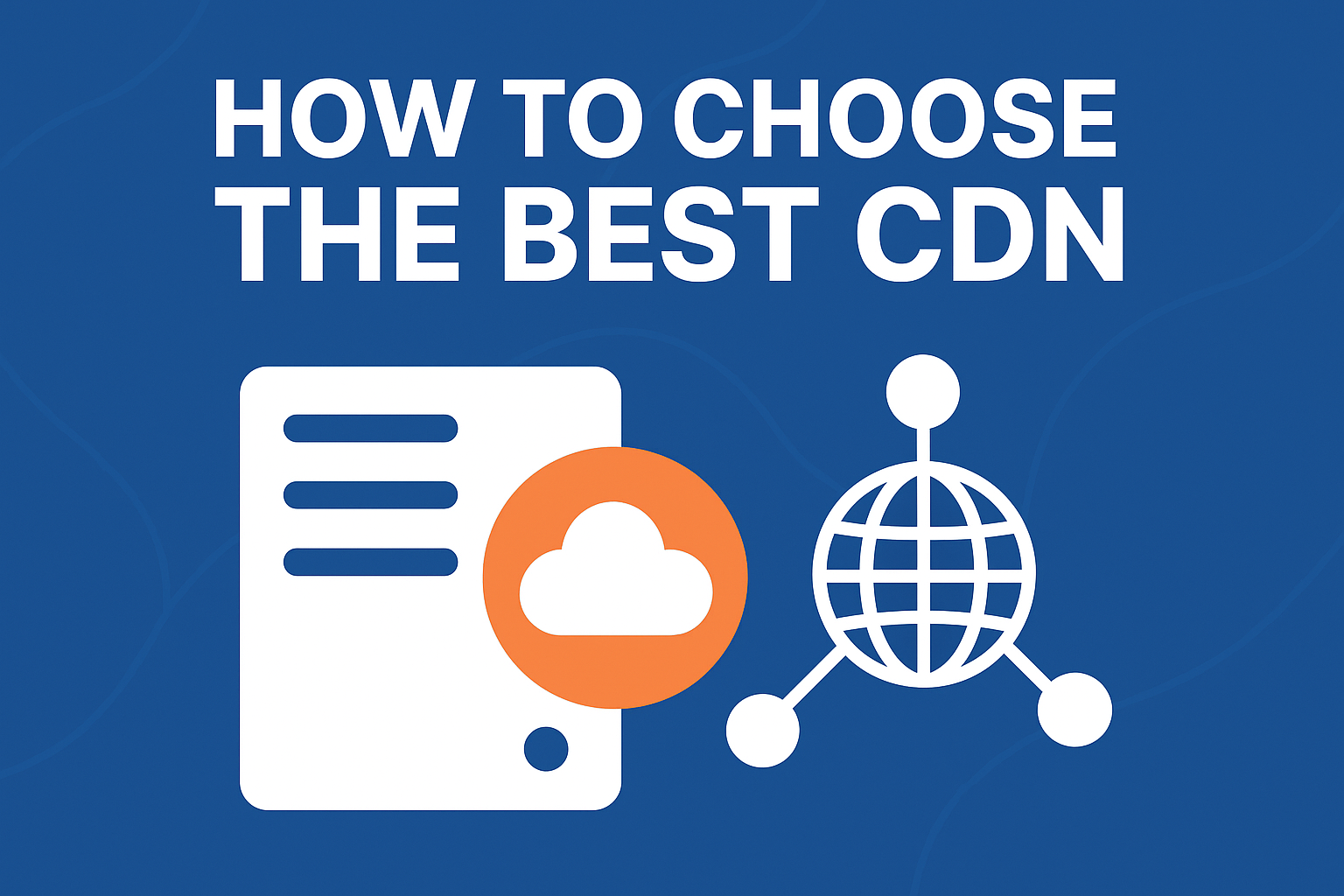No products in the cart.
Looking to speed up your website? This guide breaks down how to choose the best CDN acceleration service to boost loading speed, enhance security, and improve SEO rankings.

Hey there, it's been a while! I'm Tom, an engineer from the CDN5 operations team. I've been working in CDN maintenance for years, and today I want to share some thoughts on how to pick a CDN without getting a bad deal.
Let me tell you about a client I worked with last week, Mr. Zhou. He runs a cross-border e-commerce business in Japan, mainly serving customers across Southeast Asia. Initially, he went with a cheaper CDN based in the US, but the user experience was terrible—pages took 5-6 seconds to load, and his conversion rates were stuck. After we helped him switch to a provider with better coverage in Singapore and Hong Kong, load times dropped to under 2 seconds, and his sales jumped 30% that very month.
Moral of the story? Don’t choose a CDN based on price alone. Here are a few things I’ve learned—hope it helps!
Where are your users?
Your CDN nodes should be as close as possible to your audience. If your users are in Japan, use Japanese nodes. For Mainland China, you’ll need nodes there. If ICP licensing is an issue, Hong Kong nodes are a good alternative—or even Japanese nodes as a fallback.
What type of content are you serving?
Image-heavy sites, video platforms, and sites with lots of dynamic content all have different CDN needs.
What’s your budget?
You get what you pay for. Don’t fall for super cheap offers—you might end up needing to upgrade again and again until you wonder why you even started.
Not sure where your users are? Check Google Analytics first to see their geographic distribution before deciding which nodes matter most.
Node quality > node quantity
Some providers brag about having thousands of nodes, but many are virtual. What matters is the actual physical node coverage—especially in your target regions. Always ask for a real node list and test IPs.
That’s also why some customers ask me: “Why does CDN5 have fewer nodes? Other vendors offer dozens.” Well, here’s the thing: every CDN5 node is protected with advanced anti-DDoS measures. They’re not your average servers.
Test performance yourself
Don’t just trust the numbers vendors show you—those are from ideal lab conditions. Run your own tests:
Use third-party speed testing tools
Run traceroute to see the routing path
Test at different times, especially during peak evening hours
Do real stress tests simulating actual traffic
Don’t skip security
Last year, a client opted out of WAF to save money—and then got hit with SQL injection. They lost everything. Basic security is non-negotiable:
DDoS protection (at least 100Gbps)
Web Application Firewall (WAF)
SSL support
Anti-bot protection
Understand the pricing
CDN billing can be tricky:
Traffic is usually billed based on outbound usage
Each HTTP request may cost extra
Back-to-origin traffic is often billed separately
Add-on features almost always come with extra fees
Always ask about hidden costs—especially with pay-as-you-go plans. A sudden traffic spike could leave you with a bill that makes no sense.
Always ask for a trial: Most legit vendors offer 7–15 day free trials. Use them.
Test with third-party tools: I recommend platforms like 17ce or boce.
Check their support: Can you reach a human quickly? Is the response time acceptable?
Super cheap often means super limited: Budget plans often come with throttling and overage fees.
Big name ≠ right fit: What works for others might not work for you.
Don’t forget migration effort: Switching CDNs means reconfiguring things—plan ahead.
Picking a CDN is a bit like dating—there’s no one-size-fits-all. The best approach is to test 2–3 vendors side by side and let the data decide.
We often help clients run comparison tests at my company. Honestly, sometimes a competitor’s solution is just better for a particular case—and we tell them that. Good business is about trust, not just making a sale.
One last thing: a CDN isn’t a set-it-and-forget-it solution. Keep evaluating because tech changes, markets shift, and what worked last year might not cut it today.
If you’re still unsure, talk to a few pre-sales reps—but take everything they say with a grain of salt. Verify things yourself.
If you have questions, feel free to reach out. Yeah, we sell CDN services, but we’d rather make friends. In this industry, your reputation is everything.